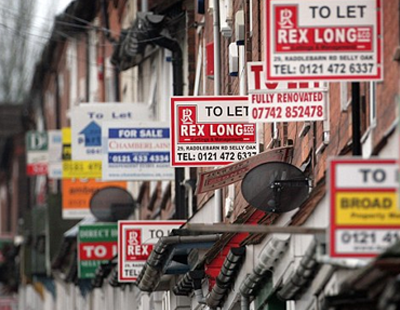
Tomorrow will mark the seventh anniversary of 0.5% interest rates but property experts warn that cheap money won't last forever.
The average UK property is up 32% since 5 March 2009 while the average mortgage rate has fallen 31%, according to figures from Hargreaves Lansdown.
Savers are the big victims, losing £160 billion of savings interest over the same period with the average savings account paying a total return of just 5% over seven years.
By comparison, the stock market has risen 87%.
Laith Khalaf, senior analyst at Hargreaves Lansdown, said: “Loose monetary policy has supported rises in stock, bond and property prices over the last seven years, while annihilating the returns on cash.”
He said mortgage costs have fallen significantly from pre-crisis levels, but this comes with an underlying risk.
“If borrowers get too comfortable taking on high levels of debt at low interest rates, they could be in for a nasty shock if and when rates rise.”
Jeremy Duncombe, director, Legal & General Mortgage Club, said many buyers have yet to see a Bank of England rate rise and may underestimate the strain it will put on their finances.
“Even if a definitive deadline is yet to be set for a rise, at some point, banks will have to price one into their deals.
“It is important that borrowers understand this and take advantage of the low rates that are on offer right now.”
Nick Dixon, investment director at Aegon UK, said homeowners may be celebrating another birthday next year. “As households toast another 0.5% anniversary, fears are emerging around potential Brexit, falling oil prices, and choppy stock markets.
“If such conditions persist, we could see record-low rates pass the eight-year milestone in March 2017.”















Join the conversation
Jump to latest comment and add your reply
it will be like Japan, also an island race with an aging population - 2 decades of low/no inflation and counting
Japan and the Eurozone face many more years of low/no inflation due to flat economies and low inflation. Global conditions mean that domestic monetary policy needs to stay loose, and rates will rise very gradually when they do rise.
The risk is that inflation will start to build before monetary policy catches up, and rates have to rise faster than expected to keep a lid on it. A pre-emptive tightening might be necessary if unemployment continues to fall and wage growth picks back up.
Please login to comment